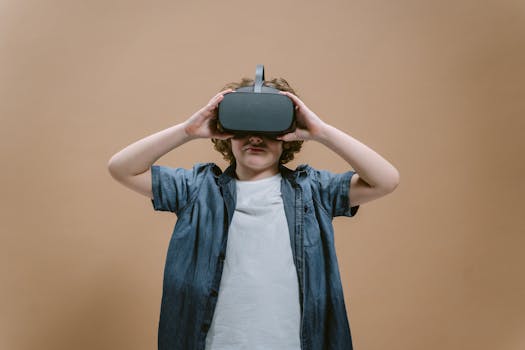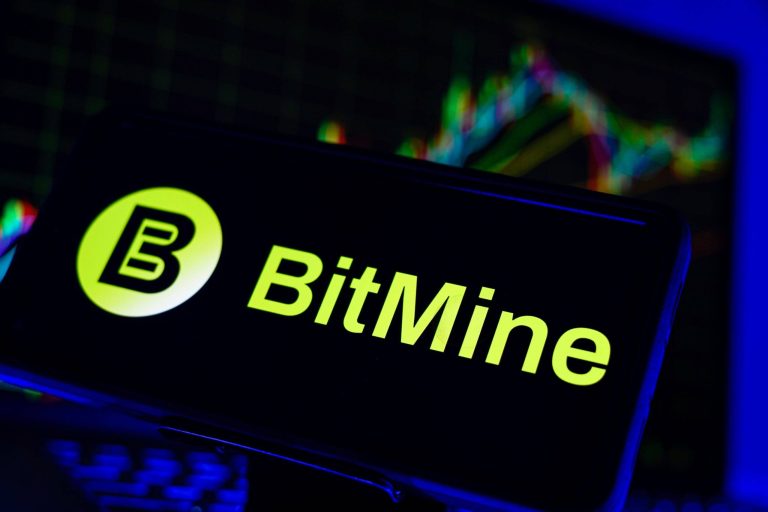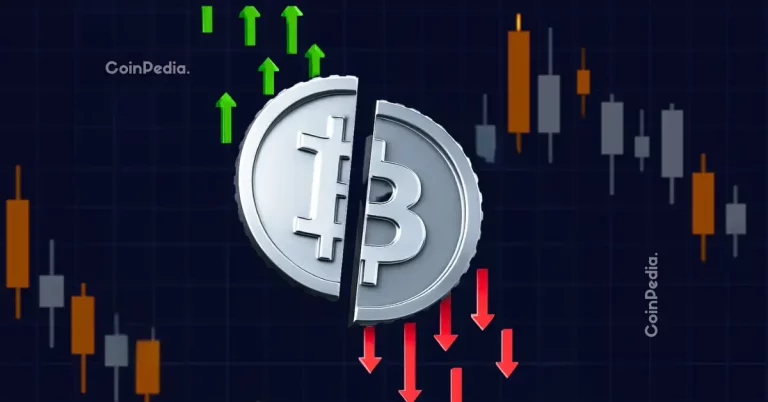
The Future of Education: What 2025 Holds
Introduction to the Future of Education
The future of education is rapidly changing with advancements in technology and shifting societal needs. As we approach 2025, it’s essential to consider what the future holds for the education system. The Future of Education is likely to be shaped by technological advancements, changing learner needs, and emerging trends. In this article, we’ll delve into the potential developments that will impact the education sector in 2025.
Trends Shaping the Future of Education
Several trends are expected to shape the future of education in 2025. Some of the key trends include:
- Personalized Learning: With the help of artificial intelligence and machine learning, education will become more personalized, allowing learners to learn at their own pace and focus on areas where they need improvement.
- Virtual and Augmented Reality: Virtual and augmented reality will become more prevalent in education, providing immersive and interactive learning experiences that simulate real-world environments.
- Online and Blended Learning: Online and blended learning will continue to grow, offering learners more flexible and accessible education options.
- Competency-Based Education: Competency-based education will focus on learners’ abilities and skills rather than traditional grading systems, allowing for more accurate assessments of learning outcomes.
- Sustainability and Environmental Education: Education will place a greater emphasis on sustainability and environmental awareness, preparing learners to address the challenges of climate change and environmental degradation.
Impact of Technology on Education
Technology will continue to play a significant role in shaping the future of education. Some of the ways technology will impact education include:
- Artificial Intelligence: Artificial intelligence will be used to develop adaptive learning systems, automate administrative tasks, and provide personalized learning recommendations.
- Blockchain: Blockchain technology will be used to create secure and transparent systems for tracking learner achievements and credentials.
- Internet of Things (IoT): IoT will be used to create interactive and immersive learning environments, allowing learners to interact with physical objects and devices.
- 5G Networks: 5G networks will provide faster and more reliable internet connectivity, enabling seamless online learning experiences and supporting the growth of virtual and augmented reality in education.
Conclusion
The future of education in 2025 will be shaped by technological advancements, changing learner needs, and emerging trends. As we move forward, it’s essential to consider the potential developments that will impact the education sector and prepare learners for success in an ever-changing world. By embracing innovation and adapting to the needs of learners, education will continue to evolve and improve, providing learners with the skills and knowledge necessary to thrive in the future.






